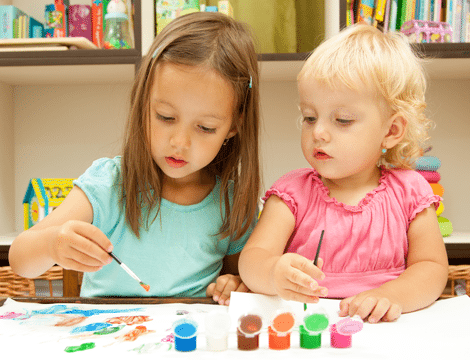Teachers in nursery schools help in shaping the early educational experiences of young children. Their influence extends beyond academic instruction, encompassing emotional, social, and physical development. Understanding the multifaceted role of nursery Motorcity teachers helps appreciate their contribution to early childhood education.
Facilitators of learning:
Nursery school teachers are facilitators of learning, creating an environment where young children can explore and discover new concepts. They design age-appropriate activities that stimulate cognitive development and encourage curiosity. Through storytelling, games, and hands-on activities, teachers introduce foundational skills in literacy, numeracy, and science. Their ability to make learning fun and engaging is key to nurturing a love for learning in young children.
Emotional support and guidance:
One of the most important roles of nursery school teachers is providing emotional support and guidance. Young children often experience a range of emotions, from excitement to anxiety, especially in a new environment. Teachers help children steer these feelings, offering comfort and reassurance. They teach children to recognize and express their emotions healthily, which is essential for emotional intelligence. By creating a nurturing atmosphere, teachers help build children’s confidence and sense of security.
Social skill development:
Teachers play an important role in developing social skills among nursery school students. Through group activities and play, teachers encourage children to interact with their peers, teaching them how to share, take turns, and cooperate. They model positive social behavior and guide children in resolving conflicts. These interactions are vital for learning how to form relationships, communicate effectively, and work as part of a team.
Observers and assessors:
Observation and assessment are key components of a nursery school teacher’s role. By closely monitoring children’s progress, teachers can identify each child’s strengths and areas for improvement. This allows them to tailor their teaching strategies to meet individual needs. Regular assessments also help in communicating with parents about their child’s development, ensuring a collaborative approach to education.
Creating a safe and inclusive environment:
Ensuring a safe and inclusive environment is another essential responsibility of nursery school teachers. They establish routines and rules that promote safety and respect. Teachers also celebrate diversity and nurture an inclusive atmosphere where every child feels valued. By addressing different learning styles and needs, they ensure that all children have equal opportunities to succeed.
